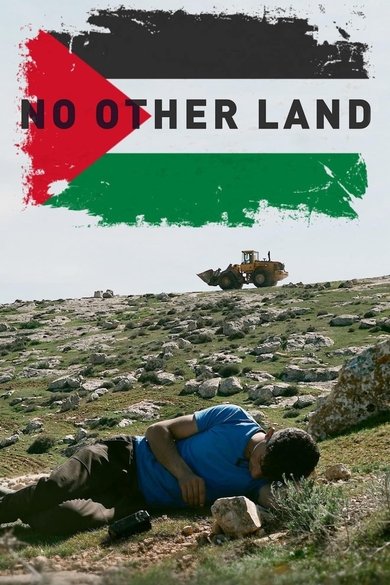
Source
Stepping into No Other Land is less like watching a documentary and more like stumbling into an ongoing trauma that refuses to resolve itself for the sake of cinematic neatness. This isn't crafted for narrative satisfaction—it’s constructed like a memory on the verge of collapse. There is no distancing device here, no convenient structure to lull the viewer into safety. From the first frame, it’s clear that we’re not being offered a story about a conflict—we’re being placed inside a process of erasure. Masafer Yatta becomes a kind of living archive, and the film—patiently, painfully—becomes a record of its attempted annihilation.
Tension grows from the fact that the person filming is also the one losing his home. Basel Adra, as co-director and subject, offers something few films dare: a collapsing boundary between witness and victim, between the recorder and the ruined. He films soldiers while they destroy homes he knows intimately, speaking to them not like a protestor, but like a neighbor being forcibly exiled. The camera here is not an aesthetic device—it’s a form of staying alive. The intimacy of each scene isn’t sentimental; it’s strategic. If you see us, maybe we still exist. Maybe we haven’t been successfully disappeared. That’s not metaphor. That’s how power works on occupied soil.
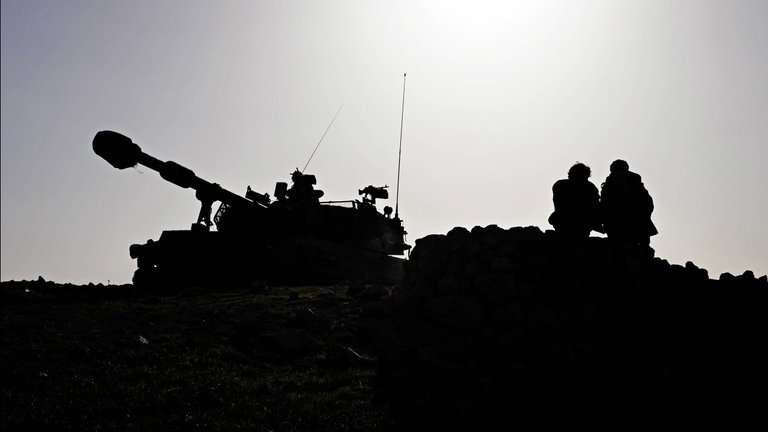
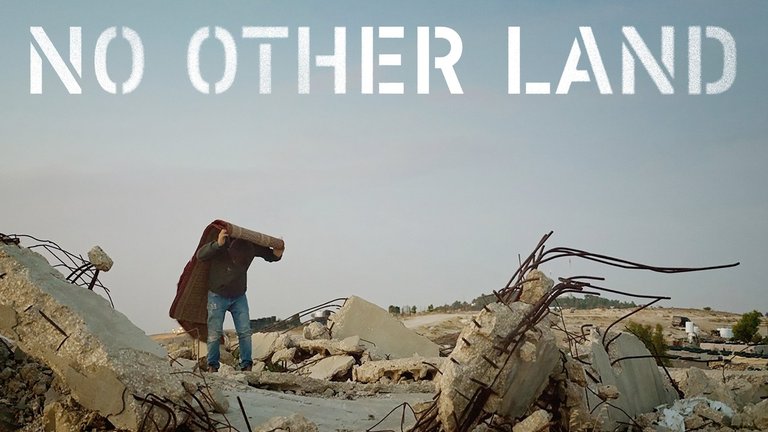
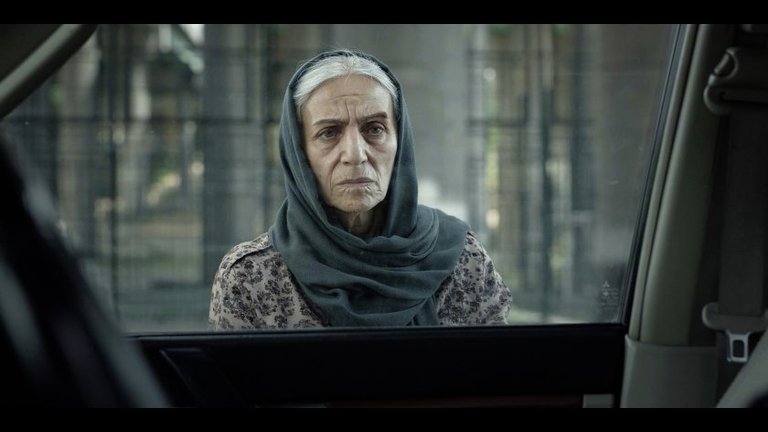
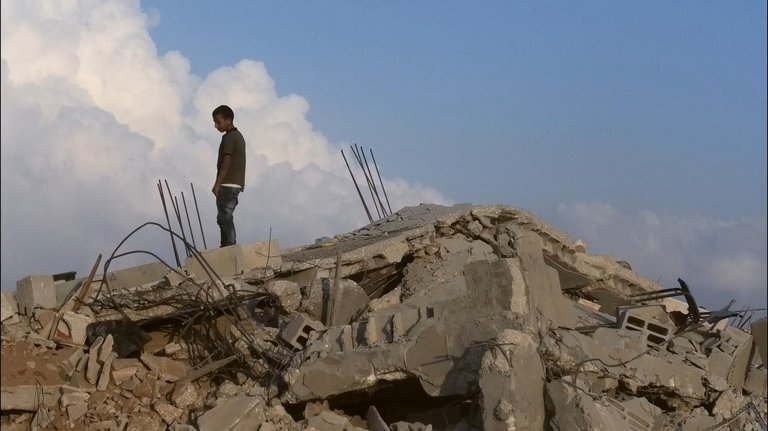
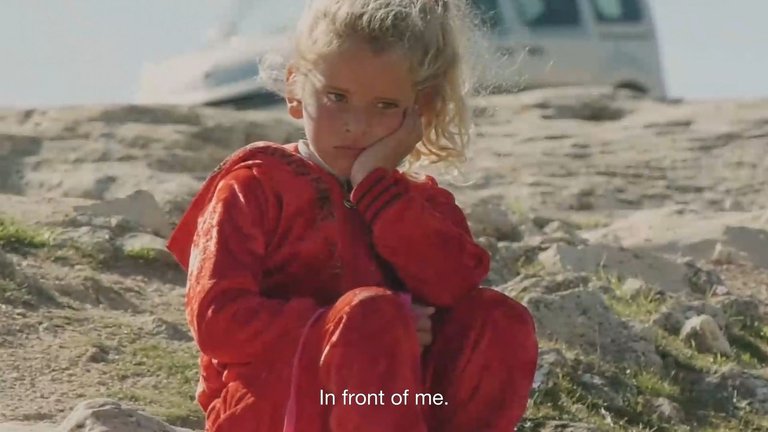
Source
Dragging your attention through this film is not hard—what’s hard is what it does to your sense of moral clarity. We see homes reduced to gravel in the presence of bored Israeli soldiers. Bureaucrats send demolition orders via documents written in cold legalese, yet what’s being dismantled isn’t illegal housing—it’s a centuries-old claim to land and memory. The most horrifying moments aren’t the visible acts of violence but the cold infrastructure of it: the way settlers move in under military protection, the way maps get redrawn with straight lines over crooked lives, the way paperwork becomes a weapon. There’s no soundtrack swelling in the background, no voiceover to guide the viewer’s feelings. Just the unbearable quiet of people who have been made to explain, once again, why they deserve to exist.
Denied entry to the Berlinale by Israeli border authorities, Basel’s physical absence at the festival echoed the logic of the film itself: the same entity trying to expel Palestinians from their homes is trying to expel their narrative from global consciousness. But art—especially when rooted in truth—is rarely so easily silenced. No Other Land won the Documentary Award, and with it, a kind of poetic justice. It exposed the Israeli state’s attempts at silencing as part of the very architecture of occupation. Censorship didn’t obscure the film’s message—it became part of it. The film became louder precisely because it wasn’t allowed to speak freely.
Each person captured in this film resists the role of passive victim. Their dignity isn’t constructed through tropes of resilience or survival—it’s found in the mundane: fixing a broken pipe, salvaging bricks, recounting what was there before the last demolition. I left No Other Land with a feeling I haven’t shaken: these aren’t just stories of dispossession—they’re stories of resistance through remembrance. The film doesn’t let you stay neutral. It stares back. And it dares you to carry what it reveals—not as guilt, but as responsibility.
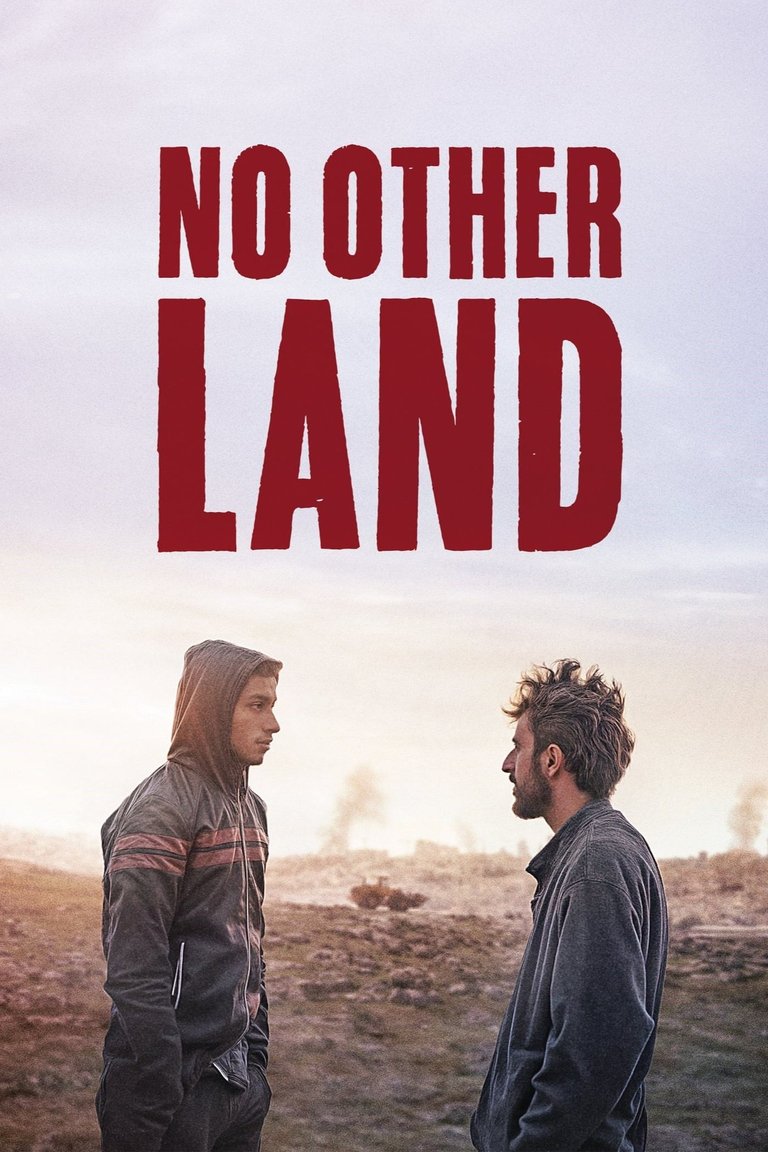
Source














Thank you for sharing this powerful review of No Other Land. It really captures the strength and resilience of the Palestinian people amidst such hardship. Great job highlighting the film's impact.
There is no need to give any gratitude, friend. I've watched the documentary yesterday and it shocked me hard! So, that's why I ended up writing this post.